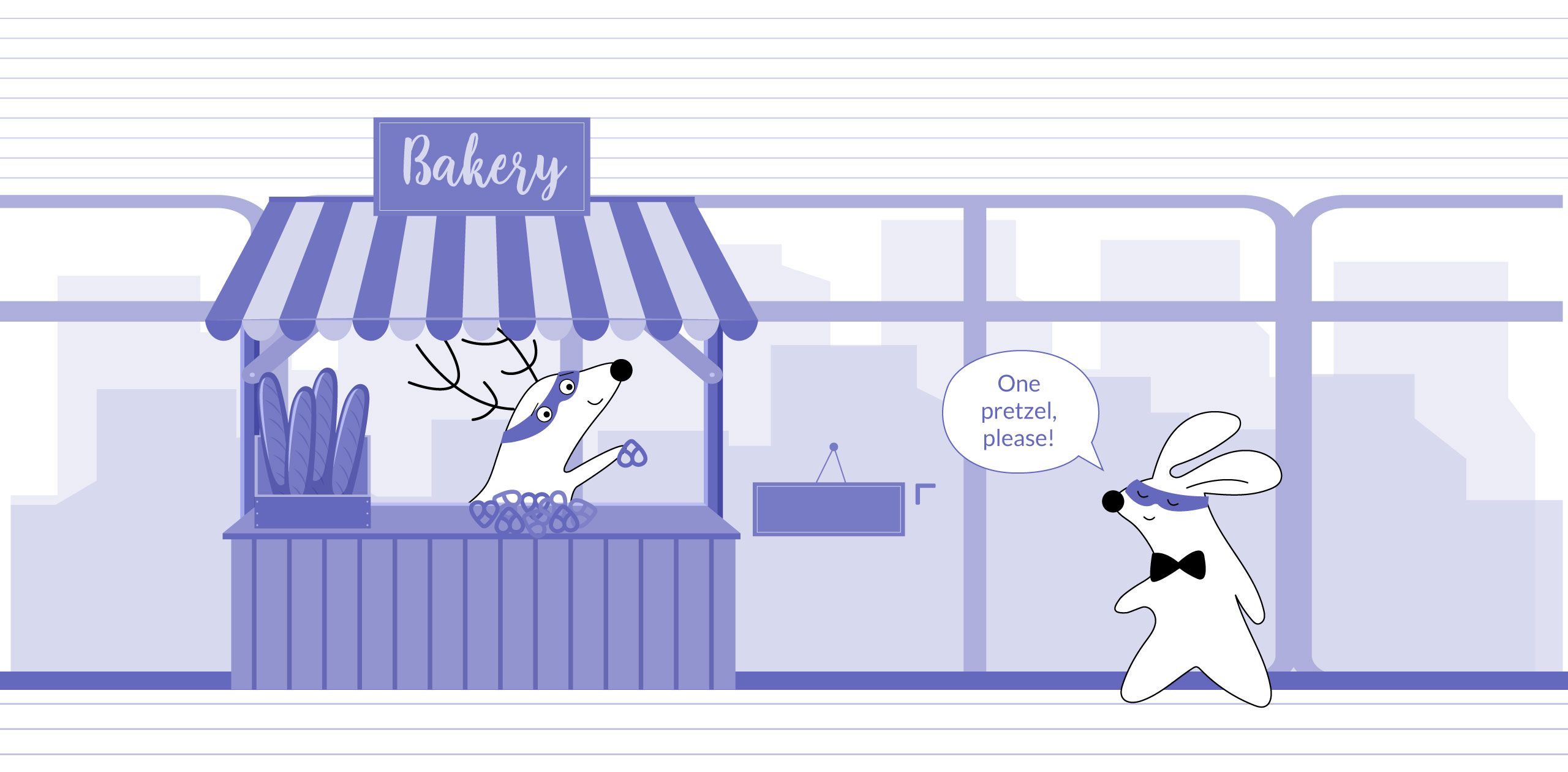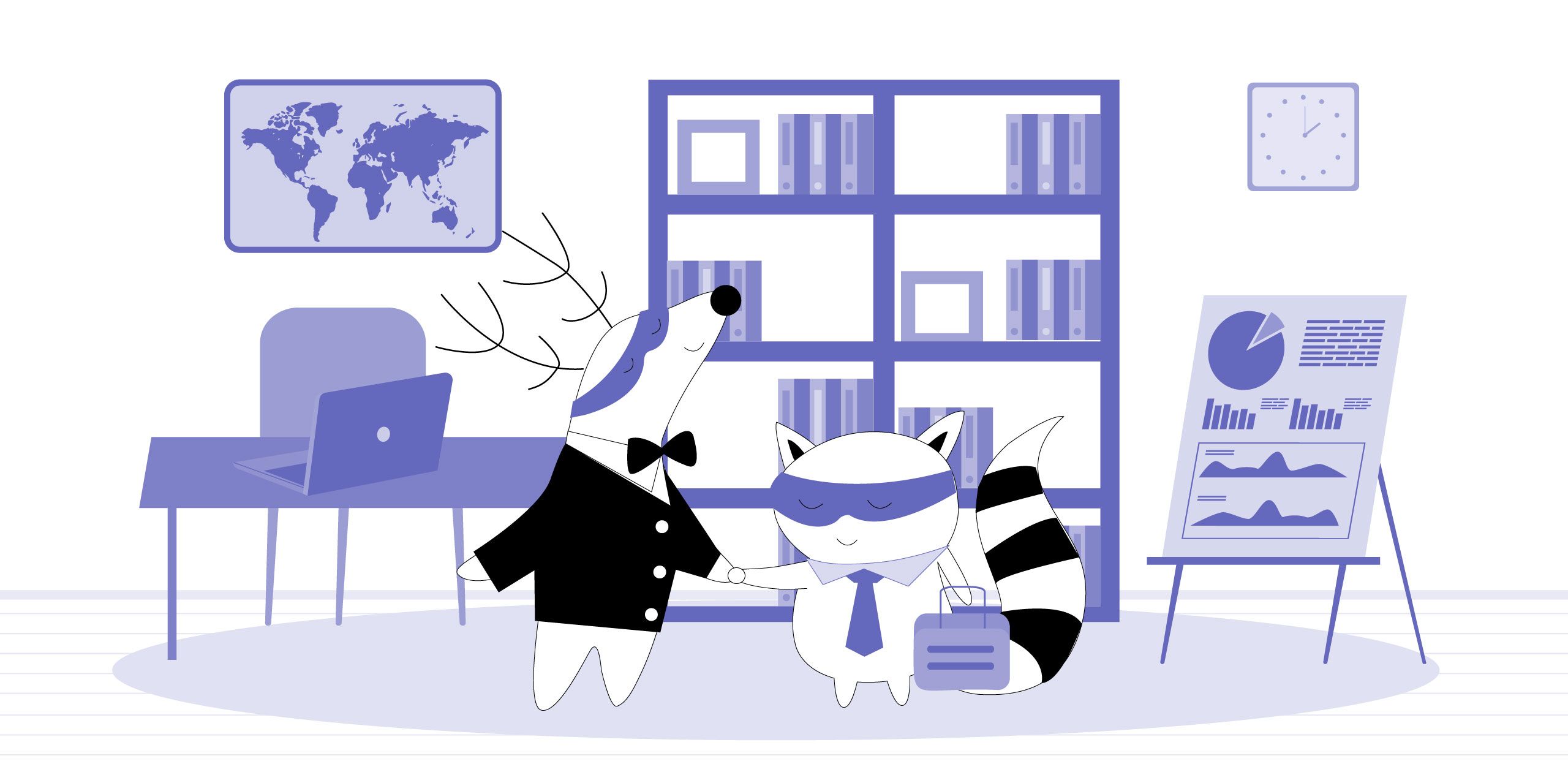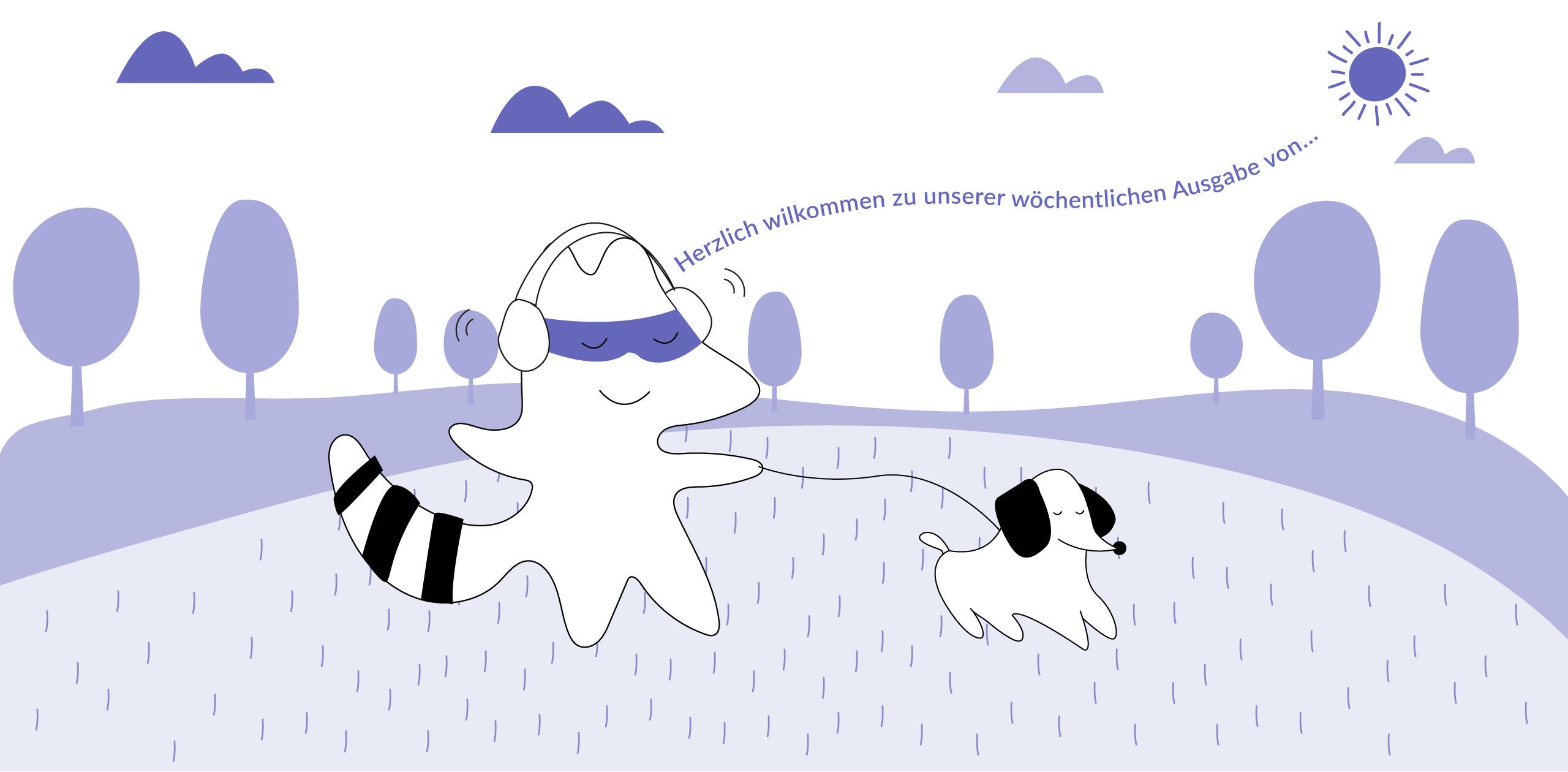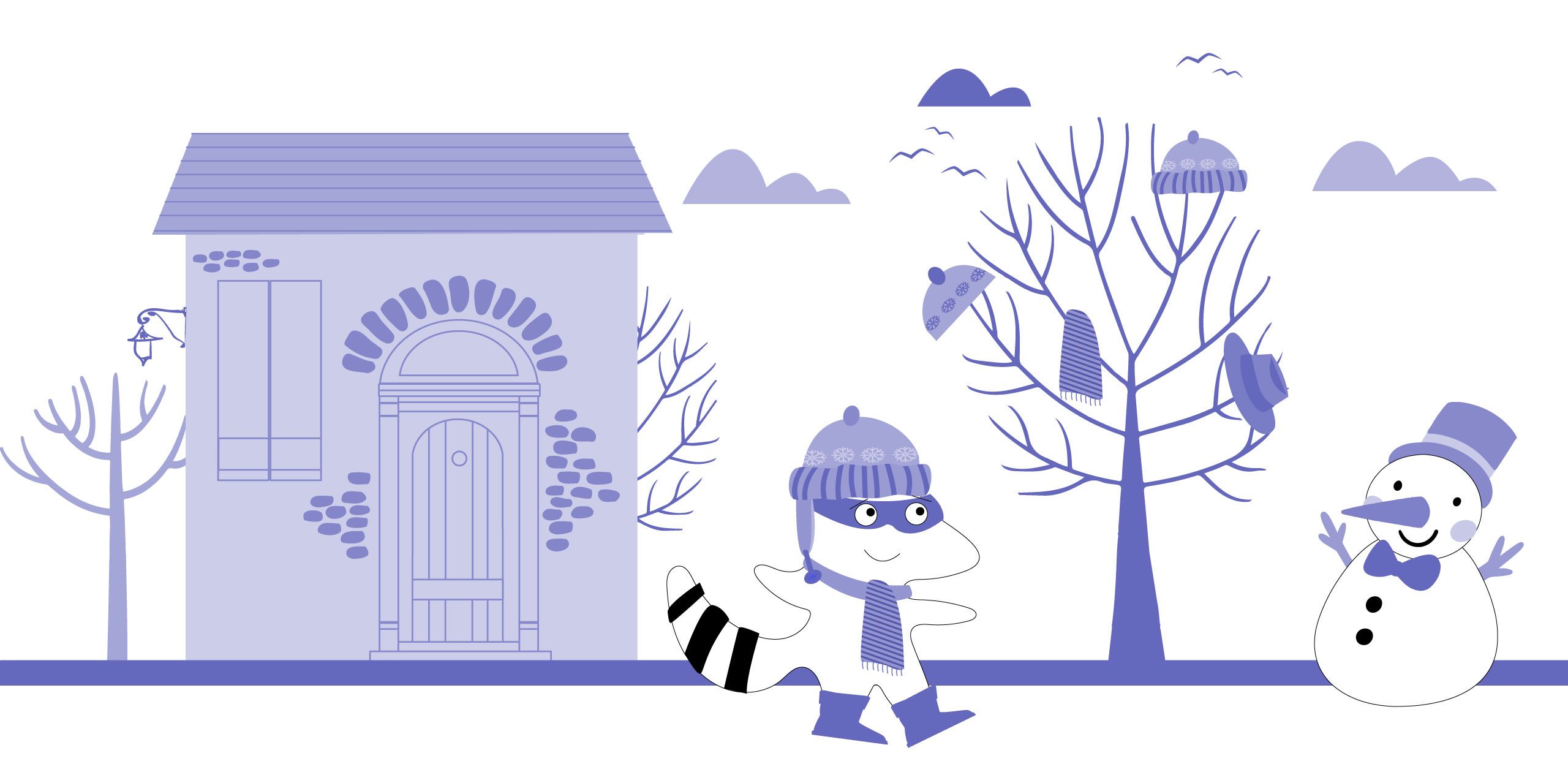
Germans take great pride in their culture, which can be seen in the way they celebrate some of the most popular holidays and festivals throughout the year – or even in the way they act daily. From fireworks on New Year's Eve to hanging lost items in trees, these traditions hold deep-rooted meanings that often reflect Germany's rich history and culture.
In the article below, let’s explore six of Germany's most popular (and sometimes unusual) traditions and try to understand the meaning behind each of them. Read on to get another glimpse of the fascinating German culture.
Learn German with Langster
Hanging Lost Items in Trees
In Germany, it is believed that hanging lost items in trees will help people find them again. This tradition can be seen throughout the country, with people hanging everything from hats and gloves to keys and wallets in the branches of trees. You can see Germans doing it everywhere from small towns to big cities, and it's considered a way of showing gratitude and helping others.
While there might be many theories as to why and when this tradition appeared, it’s really just a reflection of German society. German people are more friendly to each other than other northern European nations (even though they might not seem like it). Looking out for one another is in their character.
So, if you ever lose your gloves or hat during a cold winter, retrace your steps that day – and rest assured that there is a high chance of finding them on a tree branch somewhere along the road.
Early Christmas Celebrations
Christmas is one of the most celebrated holidays in Germany, with a long history and many traditions that vary from region to region.
The Christmas season in Germany starts with Advent, which is the four-week period leading up to Christmas. Advent begins on the fourth Sunday before Christmas, and each week has a specific focus. The first week is usually focused on hope, the second on love, the third on joy, and the fourth on peace.
Kids often create Advent calendars during this time and celebrate each day of the Christmas season with sweets or small presents. Some families put up and decorate their Christmas tree during this period, even though many opt to do that on Christmas Eve.
Christmas markets are an integral part of Christmas celebrations. You can find them in almost every town and city. Here, people can buy traditional Christmas gifts, enjoy festive food and drinks, listen to music, and celebrate the Christmas season.
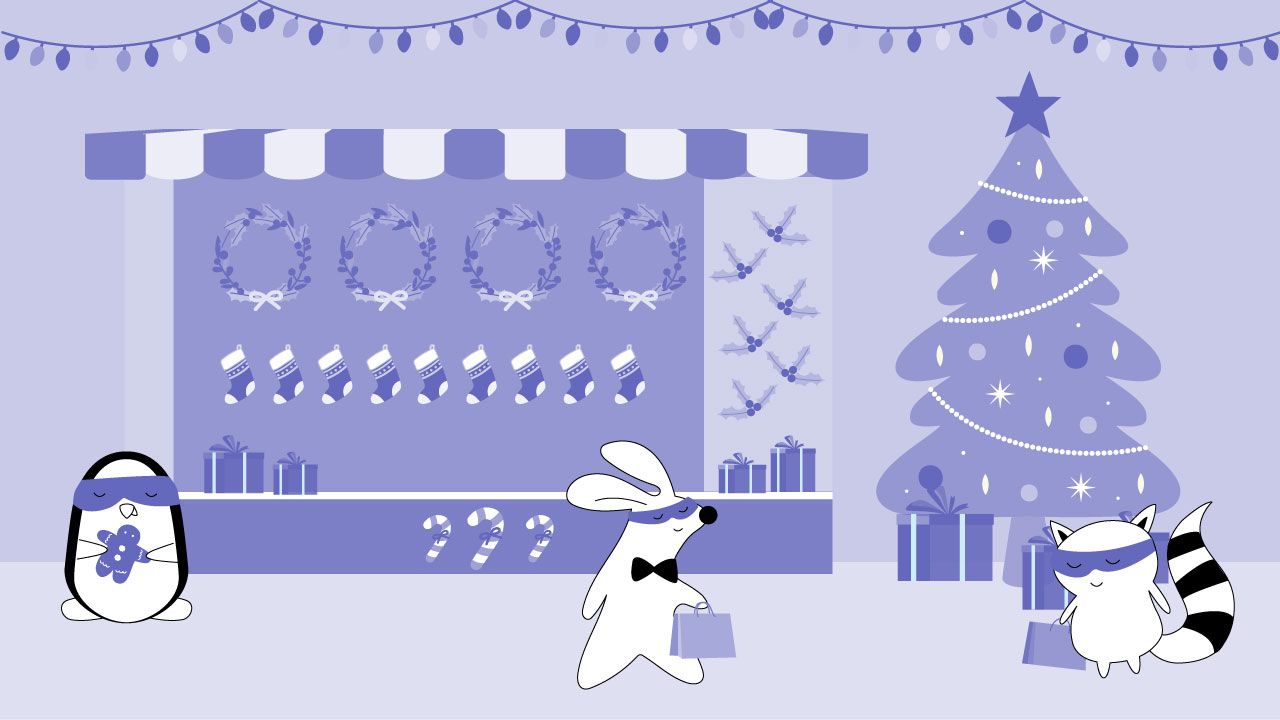
Another popular tradition during Advent is the Weihnachtskranz (Christmas wreath), which is often displayed in homes and churches. The wreath is made of evergreen branches and decorated with candles, ornaments, and ribbons. It symbolizes the light of Christ coming into the world.
Many Germans also begin celebrating Christmas on December 24th, instead of December 25th. This is often referred to as die Heilige Nacht (the holy night). Families and friends come together on Christmas Eve to celebrate, exchange gifts, and eat traditional Christmas foods like Stollen (fruitcake) and Lebkuchen (gingerbread).
Another popular German Christmas tradition is Krampus Night. Krampus is a demonic figure who accompanies Saint Nicholas during Christmas and is often portrayed as a creature with horns, a long tongue, and cloven hooves. Krampus is known as someone who punishes naughty children by beating them with a stick or stuffing them into his bag.
Krampus Nights are usually held on December 5th and involve parades, costume contests, and other festive activities. They are a way for Germans to get into the Christmas spirit and have some fun while also celebrating one of their most famous holiday characters.
Fireworks and Watching "Dinner for One" on New Year’s Eve
Fireworks are synonymous with New Year’s Eve celebrations around the world, and Germany is no exception. On December 31st, Germans celebrate Silvester (New Year’s Eve) by setting off fireworks – but trust us, this is different from other countries.
Germans take their fireworks pretty seriously. A few days before December 31st, 90% of the German population turns into experienced pyrotechnics, and almost everyone starts setting fireworks everywhere. If you’re not used to such celebrations, this New Year’s Eve tradition can seem scary, but don’t worry – Germans usually manage to avoid major hazards.

Another popular New Year’s Eve tradition in Germany is watching “Dinner For One.” This short British comedy sketch has been aired on German TV every year since 1963 and has become a cultural phenomenon.
The sketch follows an elderly woman celebrating her 90-th birthday with a dinner party, where her butler has to fill in for her four absent friends.
While the sketch might seem morbid to some, it’s actually a light-hearted way for Germans to say goodbye to the old year and ring in the new. “Dinner For One” is typically shown on New Year’s Eve and is one of the most watched TV programs in Germany each year. You can watch the the video here or watch this remake version to understand what's behind this bizarre trandition.
Karneval
Karneval (also called Fasching in parts of eastern and southern Germany, as well as in Austria) is a festive season that takes place before Lent each year. It starts on November 11th at 11:11 am, peaks on Rosenmontag (Rose Monday or Shrove Monday), and ends on Ash Wednesday. The most famous Carnival celebrations take place in Cologne, Düsseldorf, Mainz, and Aachen.
During Carnival, people dress up in costumes and partake in parades, parties and other celebrations. It is a time to let loose, have fun, and enjoy the fatty German cuisine before the more solemn season of Lent begins. It’s also a way for Germans to celebrate their culture and traditions, and just like everything else in their life, they do that with utter importance.
Time Off Is Taken Very Seriously
In Germany, time off is taken very seriously. Unlike in the United States where many people take vacation days but then still work remotely or check in with the office, Germans completely detach themselves from work during their time off.
This is partly because Germans have a much stronger work-life balance culture than Americans. In Germany, there is a general expectation that employees will not check email or take work calls during their time off. And, if they do, they can expect to be chastised by their colleagues and boss when they return to work.
This focus on disconnecting from work during vacation helps to ensure that Germans actually enjoy their time off. They aren’t constantly stressed about work and can relax and recharge fully. This ultimately makes them more productive when they are at work.
Germans also take their holidays very seriously in terms of timing. They often plan trips far in advance and make sure to take the full amount of days allotted to them. This ensures that they have a real break from work and can fully enjoy their time away.
Overall, Germans view vacation time or time off as an important part of life – something that should be taken advantage of and enjoyed to the fullest. This is a mindset that contributes to their strong work-life balance culture and results in employees who are more productive and happier overall.
Underage Kids Can Drink (Sometimes)
In Germany, it is legal for children as young as 16 to drink beer and wine in public. This might seem like a recipe for disaster, but it’s actually not as bad as you might think.
The reason behind this law is that Germans believe that if children are taught to drink responsibly from a young age, they will be less likely to abuse alcohol later in life. And, there is evidence to support this theory. In Germany, rates of underage drinking and binge-drinking are lower than in many other countries (even though you might not believe it).
Of course, this doesn’t mean that all 16-year-olds in Germany are chugging beers at the local pub. The legal drinking age is still 18 for hard liquor, so most kids stick to beer and wine. And even then, they typically drink in moderation and with food.
So, while it might seem surprising at first, the legal drinking age in Germany is actually a reflection of the country’s beliefs about alcohol consumption.
Oktoberfest
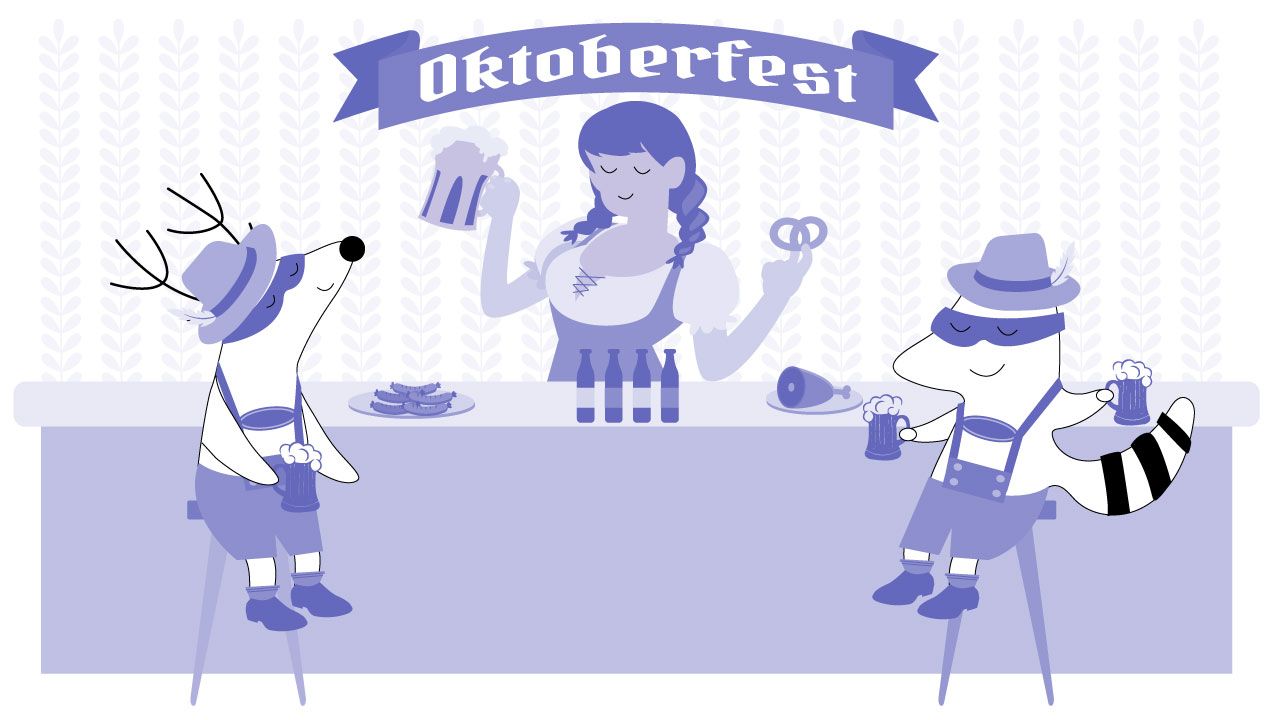
Oktoberfest is the world’s largest Volksfest (beer festival) and is held each year in Munich, Germany. The festival lasts for 16 days and attracts millions of people from all over the world.
The origins of Oktoberfest date back to 1810, when Crown Prince Ludwig I of Bavaria married Princess Therese of Saxony-Hildburghausen. To celebrate the wedding, the couple hosted a large party in the fields outside Munich. The party was such a success that it was repeated the following year and eventually became an annual event.
Today, Oktoberfest is famous for its beer tents, Bavarian food, and traditional German music. And, of course, the beer – which is served in 1-liter steins called maß.
The festival attracts people from all walks of life. Whether you want to try German food, are a lover of German beers, or just want to experience some authentic German culture, Oktoberfest is definitely worth checking out.
Nudity Is Something Normal
In many cultures, nudity is seen as something sexual or taboo. But, in Germany, it’s a much different story.
There is no shame in nudity in Germany, and you can see people of all ages walking around without a stitch of clothing on. This might seem strange to foreigners at first (especially if they decide to visit a public sauna one day), but it’s just something that Germans are used to.
One of the reasons for this acceptance of nudity is the fact that Germans have a history of being a very open and liberal people. They don’t believe in hiding their bodies or sexuality and are comfortable being nude in public.
Another reason for the acceptance of nudity is the fact that Germans don’t see being naked as something sexual. They view nudity as something natural and see no harm in being naked around others.
German Language Is Not the Same Everywhere
There are many German accents – like, a lot. It is often said that people from Eastern Germany might not understand people from the southern part, or that you will hear two completely different accents in West Germany and Austria. German people even often make fun of those who speak a different dialect.
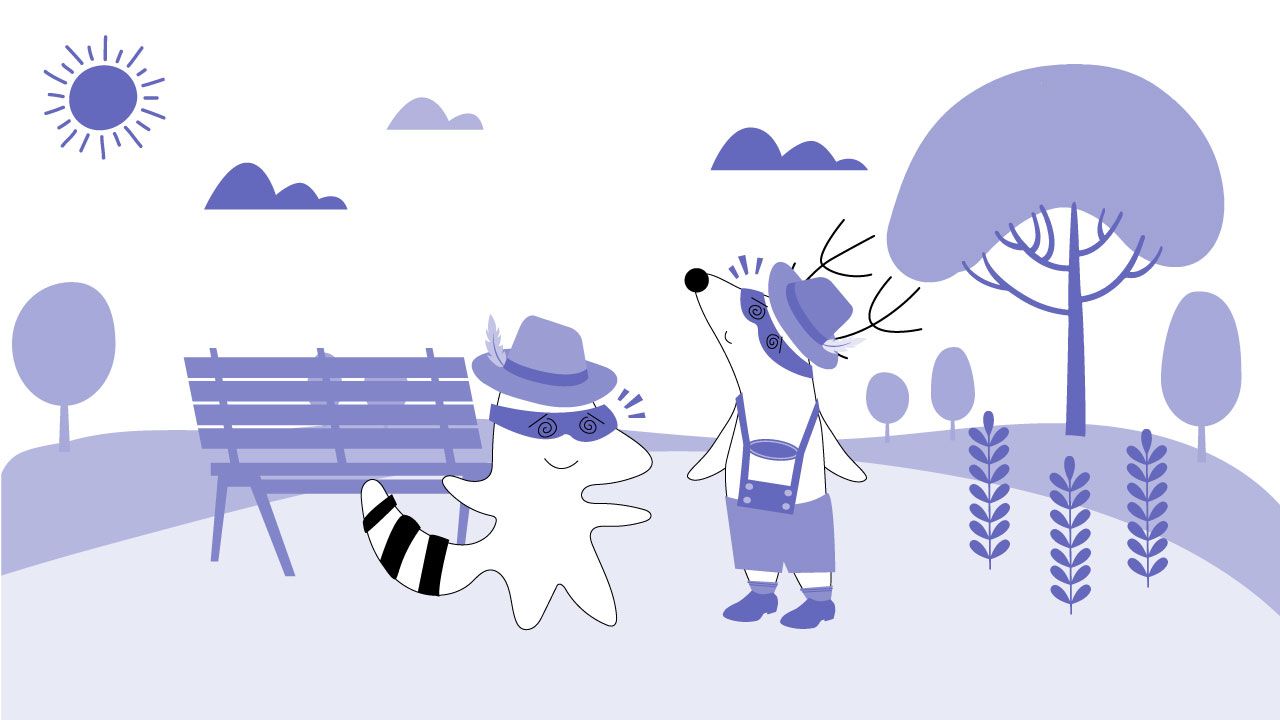
Even within the same region, there can be many different accents. This is because there is no one official German language. This can be confusing for foreigners who are trying to learn German and discover at some point that there are several completely different words for one thing – for example, potato.
But, even though there are many different German accents, it is still possible to understand most Germans when they speak Standard German (the version of German that is taught in schools). And, for those who really want to learn the accent of a particular region, there are plenty of resources available online.
Dive Deeper into the Unique World of German Customs and Traditions
Germany is a country with many interesting traditions and customs. From Oktoberfest to nudity to the different German accents, there is much to explore in this fascinating European nation. In this article, we’ve just scratched the surface of what makes German culture so unique.
If you want to learn more about German traditions and customs, be sure to check out some of the ones we’ve talked about here for yourself. Maybe you’ll find yourself celebrating Oktoberfest or Christmas in Germany!







